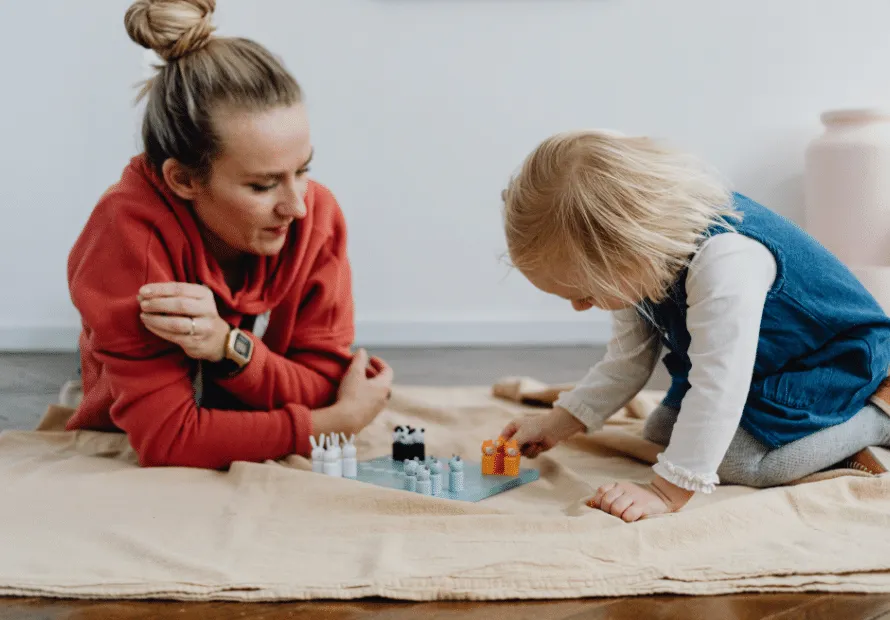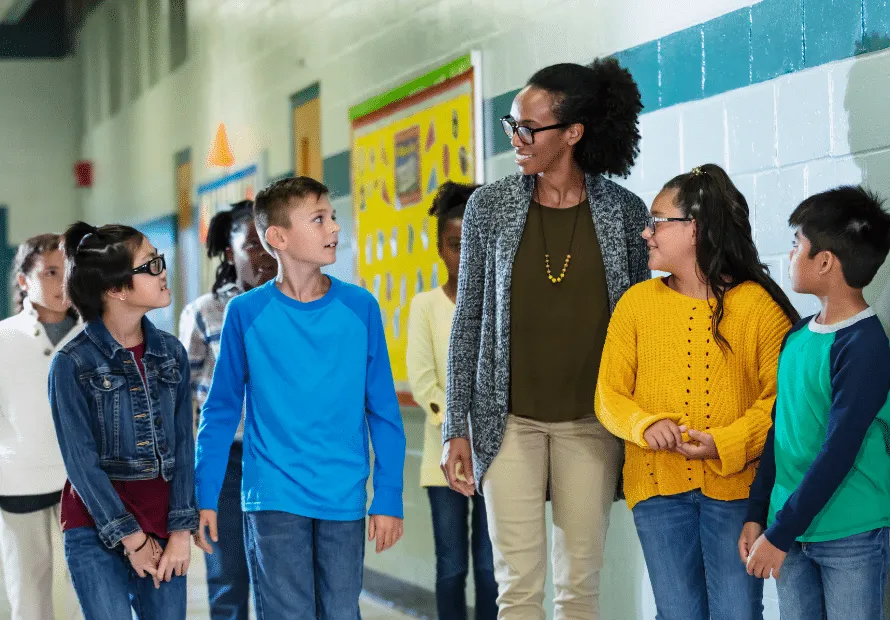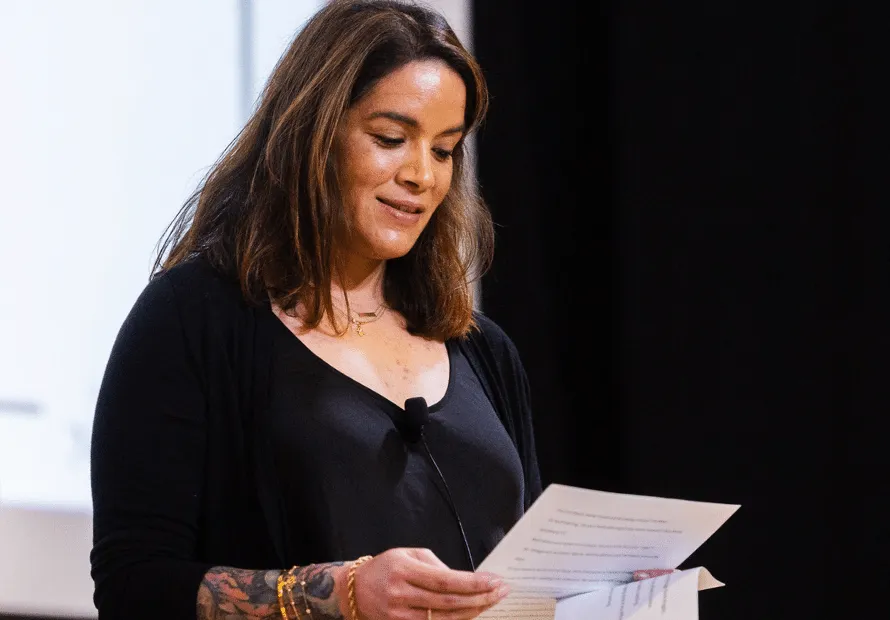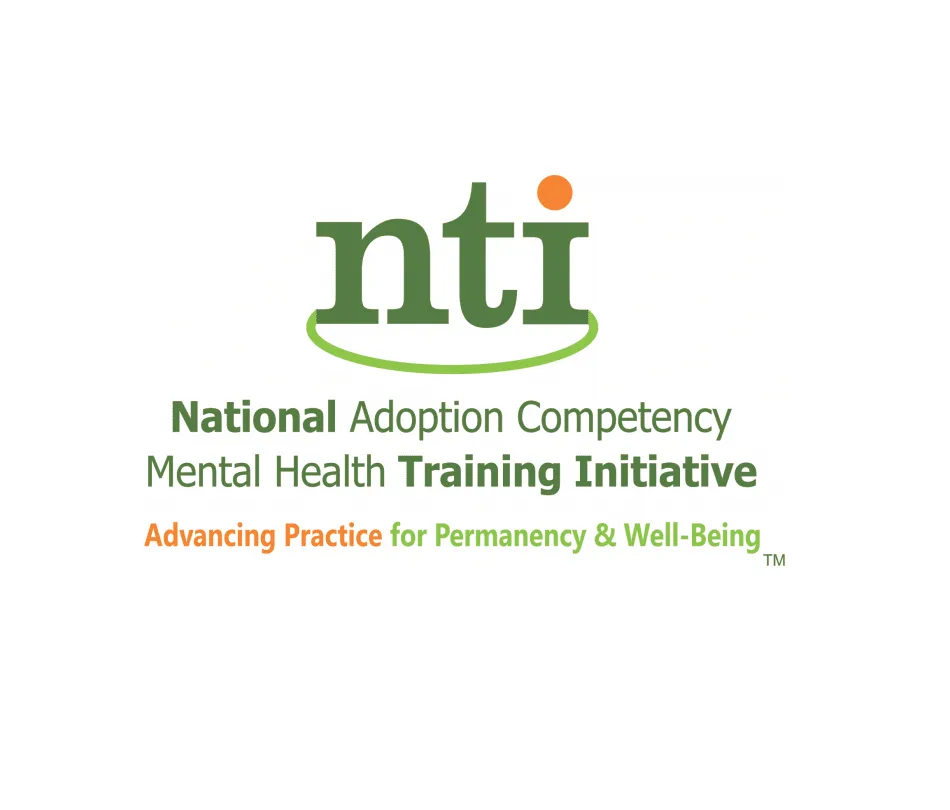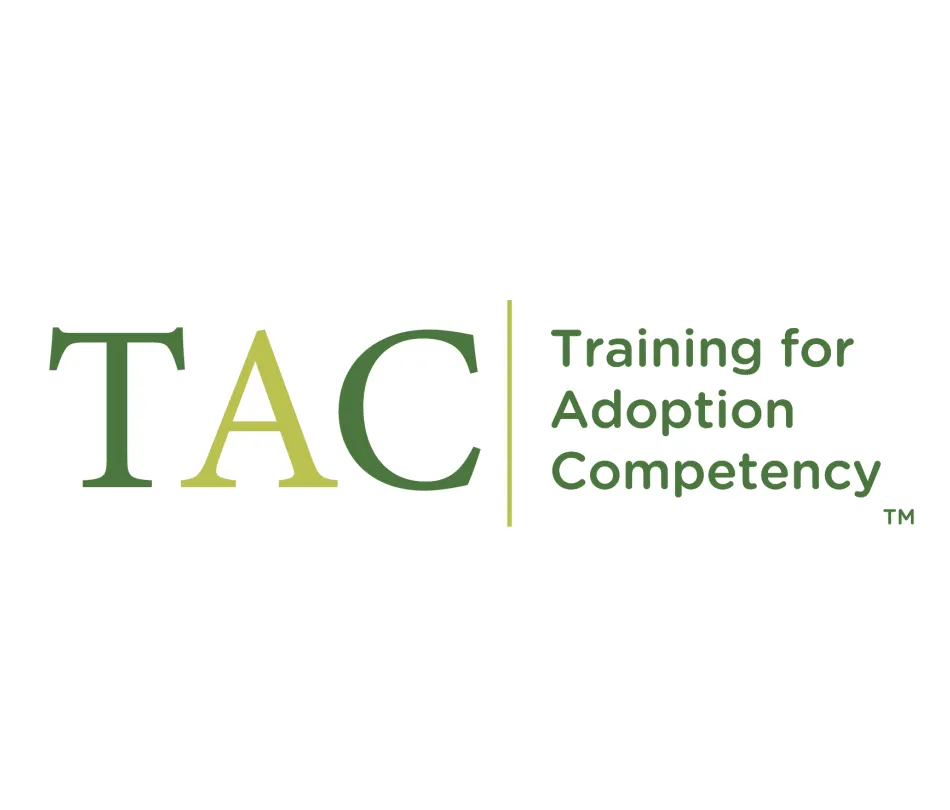Nurturing Your Holiday Spirit: Advice for Adoptees, Foster & Kinship Care Alumni and Their Families
Nurturing Your Holiday Spirit: Advice for Adoptees, Foster & Kinship Care Alumni and Their Families

The holiday season ushers in a time of joyous celebrations, cherished togetherness, and the embracing of time-honored traditions. However, for individuals who have negotiated the realms of adoption, foster care, or kinship care, this season can stir a complex tapestry of emotions— joy, excitement, and nostalgia but also an array of hard to identify feelings. With its focus on familial bonds and social gatherings, the holiday season can become a source of stress and anxiety, often tied to past traumas.
For those whose lives have been touched by adoption, foster & kinship care, the underlying experience of relational trauma is impacted by loss and grief. The holiday period amplifies the challenges that adoptees and all those removed from birth families may have with connections and relationships. While global traditions highlight thankfulness, deep religious beliefs and family values, this season may also evoke painful reflections and a sense of yearning for those we have lost.
Trauma does not always manifest in visible scars or immediate crises. It often lurks beneath the surface, impacting an individual’s mental and emotional well-being. During the holiday season, the stress and expectations associated with family gatherings can exacerbate trauma-related symptoms, such as anxiety, depression, and hypervigilance. It is important for both those dealing with trauma and their loved ones to recognize these signs and take steps to manage them effectively.
Below, I will offer guidance from my unique perspective as an adoption competent therapist and my personal journey as an adult adoptee. We will explore opportunities to craft new personal traditions, tips on how families can be more mindful and supportive of those who may be struggling, and ideas to strengthen your entire village by focusing on a universal definition of family— those in your life you cherish the most.
Tips for Managing the Complexity of the Holidays
1. Self-Awareness& Self-Care: Self-awareness is key to managing triggers and emotional responses during the holiday season. Self-care practices — including mindfulness, exercise, hobbies, and other activities that can help support comfort, relaxation, and positive emotional well-being.
2. Communication: Family members should feel safe to share their feelings and needs with others. Families, in turn, should actively listen and be supportive without judgment. Extending empathy, support, understanding, patience, and love can make a world of difference. Begin by listening from the heart.
3. Plan Ahead: Discussing expectations and boundaries is vital. Establish clear guidelines for family gatherings, including the option to step away if needed, and respect each other’s boundaries. Allow yourself to attend at least one social gathering and feel free to decline others (or leave early) should you find yourself needing to protect your state of mind.
4. Create New Traditions: One of the most empowering ways to navigate the holidays is to create your own traditions. This can help you feel grounded and in control of your holiday experience. These traditions can be as simple or elaborate as you like. Whether it is cooking a special meal, watching a favorite holiday movie, or taking a yearly trip to a place that holds meaning for you, these new traditions can help you feel a sense of belonging and comfort during the holiday season.
5. Share Old Traditions: Sharing your personal traditions with both your biological and chosen family members can be a beautiful way to build connections. It allows others to understand and appreciate your unique perspective on the holidays, and it can open the door to sharing their traditions as well. These shared experiences can help build bonds, deepen your connection with family members and increasing felt safety.
6. Focus on Building Positive Relationships: Regardless of your legal status or history, focus on building positive relationships with family members. Acknowledge the complexities of your family dynamics and embrace the opportunity for connection, growth, and healing. Try to leave judgment and resentment behind and concentrate on the present and future. Developing and nurturing these positive relationships can be a source of strength and joy.
7. Acknowledge Those You Have Lost: For many adoptees and foster care alumni, the holidays can be a time to remember and honor those you have lost or those who may still be absent from your life. Acknowledging their memory can be a deeply personal and healing experience. Consider creating a special ritual such as storytelling, revisiting old photo albums etc. or dedicating a moment during the holiday season to reflect on the impact these individuals had on your life.
8. Strengthen Your Village: Your “village” includes not only your immediate family but also friends, mentors, and other individuals who provide you with support, guidance, and love. The holiday season is a wonderful time to strengthen these connections. Reach out to your village, spend time with those who uplift and inspire you, and share your experiences and traditions with them. Your extended support network can be an invaluable source of encouragement and joy during the holidays.
Trust that you can navigate the holidays with grace, resilience, and a sense of belonging. Use the season as an opportunity to reflect, heal, and celebrate the unique journey that has brought you to where you are today.
Written by Lala-Marie Perez, LMSW, C.A.S.E. Adoption Competent Therapist
